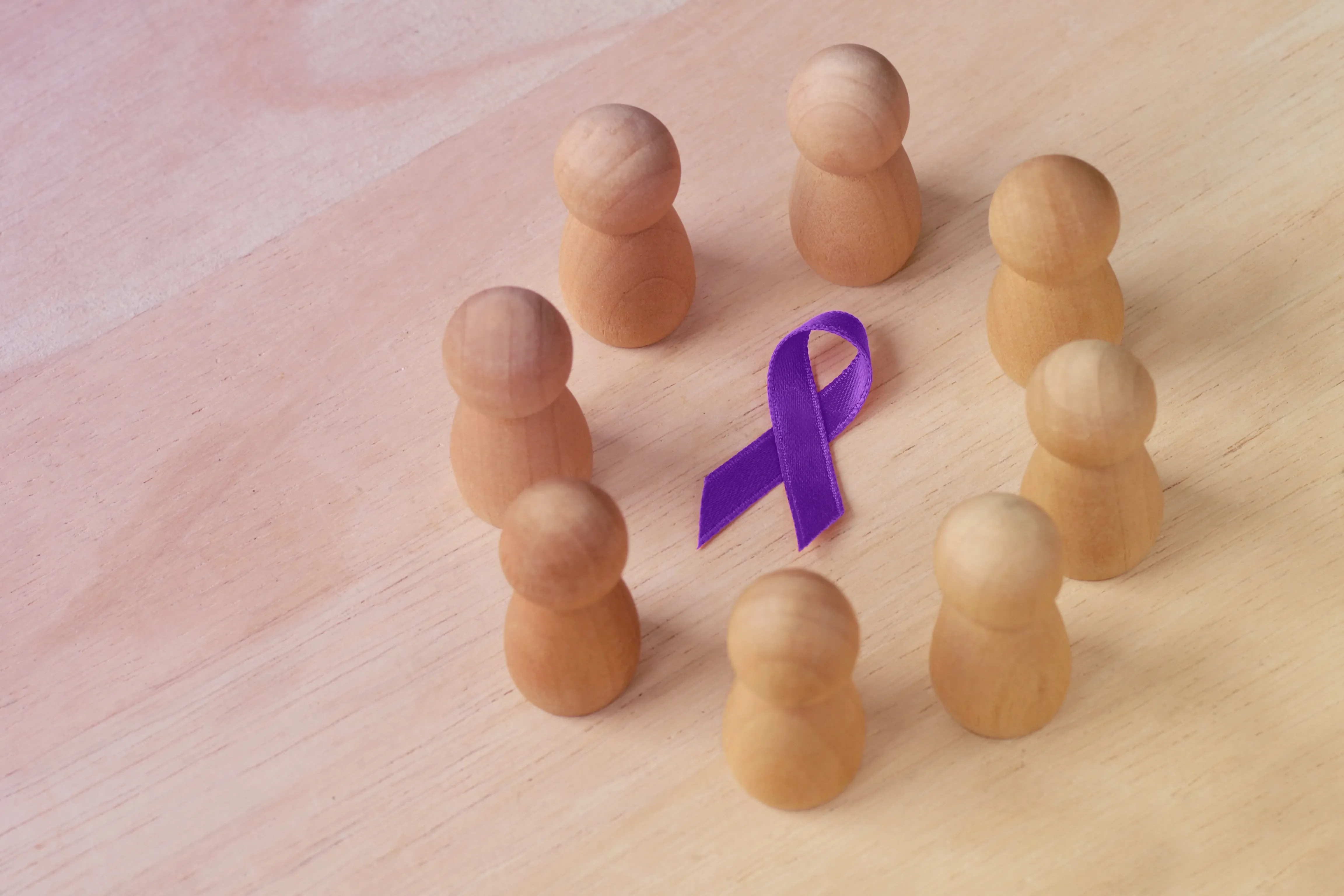Trigger Warning: Start the Coversation About Domestic Violence
Domestic violence is hard to talk about. Here are some examples of how you can Start the Conversation:
- “I noticed that sometimes [insert partner’s name] does this [insert concerning tactic that you’ve seen]. Does that happen a lot? How does that make you feel?”
- “I’m concerned about your safety. Is it okay if we talk about it?”
- “I’m so glad you told me about [insert disclosure of abuse]. How can I help or support you? What do you need?”
- “I noticed lately that you’ve been [insert survivor’s behavior like “getting hurt a lot lately” or “not going out as much”]. Is everything okay? If you ever want to talk about it, I’m here for you.”
- “I know this can be hard to talk about. I promise I believe you and won’t judge any of your choices or experiences. I care about you and just want you to be safe.”
- “I recently read/watched/heard [insert book, article, movie, podcast about domestic violence]. Have you read/seen/heard it? What do you think?”
If you want to have a conversation with a survivor, you need to understand the impact that domestic violence has on every part of their life.
- Physical: scars, chronic pain, traumatic brain injury, sexual dysfunction, memory loss and other brain changes.
- Mental: post-traumatic stress, anxiety, depression, eating disorders, suicidal thoughts or attempts, alcohol and substance use.
- Emotional: inability to trust themselves, low self-esteem, shame, guilt and fear.
- Spiritual: losing or doubting faith.
- Financial: loss of job and/or earning potential, damaged credit, inability to take out loans and homelessness.
- Relationships: loss of friendships because of isolation, unable to trust future partners and damaged relationships with children.
How to be a domestic violence ally.
The HOPE Program at Chesapeake Regional Healthcare has helped more than 180 patients, clients and families with domestic violence and/or intimate partner violence concerns since its inception in 2020. We help with Emergency Protective Orders, help survivors understand the criminal justice process, and provide court accompaniment, crisis funds, mental health services, safe cell phones, emergency shelter placement, ongoing support and advocacy.
If you, or someone you know is in crisis, the HOPE Program at Chesapeake Regional can be reached 24/7 at 757-407-3939 or by email: HOPEprogram@chesapeakeregional.com.
Meredith Noha is the Interpersonal Violence Program Coordinator with the Healing Opportunities Providing Empowerment (HOPE) Program at Chesapeake Regional Healthcare.
